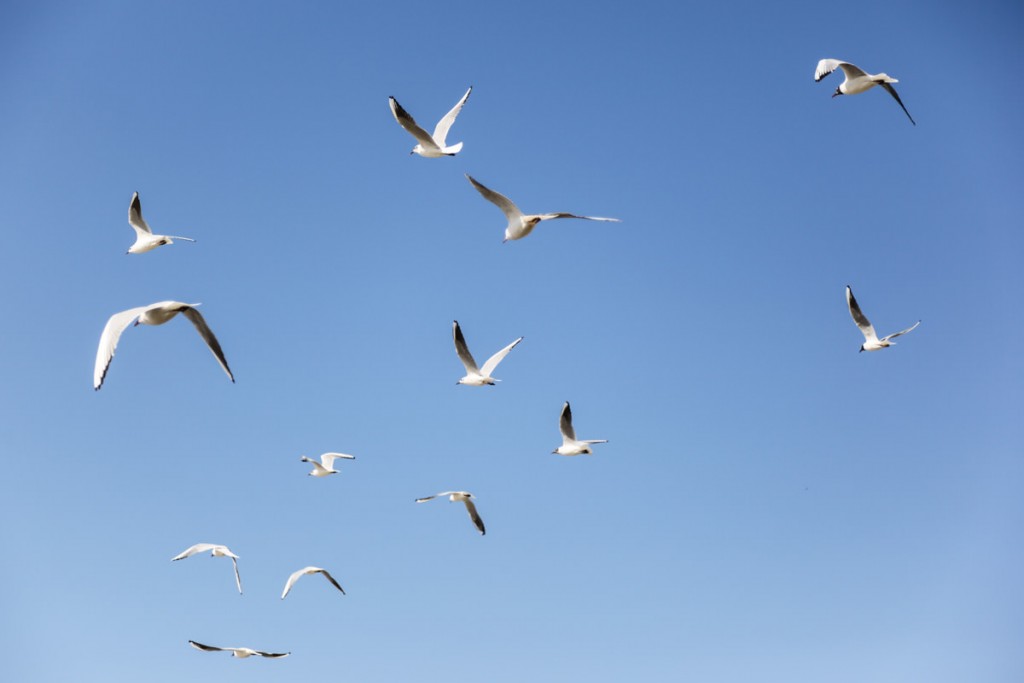The birds are singing (again)
I was lucky, I had no exams but I did have essays. Then I attended five Day Conferences. I was very conscious of needing to get my ‘money’s worth’ after paying colossal fees. I also wanted to get out of the rut, meet new people and find out how Post-Grad things worked. It wasn’t till the fifth day conference that I learnt significant new things, and met significant new people. So that was good.
At that point I could have taken a break. Family I contacted were busy or an excuse for not wanting to see me, I was penniless. So I took the ‘sensible’ option and got down to writing the text for the charity website. It was complicated, protracted and demanded skills I didn’t have, like interviewing people and being good at money management. I struggled through, meeting some marvellous people and learning about student motivation. Like my own, this was summed up in one word “money”, although I was working as a volunteer.
My lack of professionalism irritated and depressed me. I was further depressed when I realised that I had worked, every day, from mid-April to the end of July with no holiday. Once again my family had ‘gone fishing’ and, once again I had very little money.
The man who thought up the “Sunken Cost Fallacy” won a Nobel prize, rightly I think. He suggested that we tend to throw good money after bad, because we have already lost so much …. One can apply the same idea to thinking. One has invested effort and energy into constructing a rationale for working, becoming ‘driven’.
So what did I do? Throw away my family? Go to the casino? Yes, in a way, I bought a little second-hand car, to drive to the university and avoid the cold, weary bus queue. Also get to my holiday job, in August. Yes, I had worked from April to July without a break, now I was about to start a paid job. Soberly, but fast, I reviewed the situation, wrote an email to a journalist whose article I had read in The Guardian and bought a Day Return on the Dover-Calais ferryboat. I bought it at 06.30am and travelled at 12noon (same day).
What a day! What a decision! What Luck! Yes, I had “bagged” a holiday and broken the spell that I had to work, and work and work …. Since then I have been a tad more relaxed, although the job is proving quite a challenge. I didn’t overcome my fear of the job, but now I am “doing it” and, have new friends in Calais.
Sandwiches to Calais
I’m still eating the sandwiches I took to Calais, to eat with the migrants. It was a scrambled day trip, I only decided to go after buying two sleeping bags, a good price, from the Church Sale. Saturday was hard work, washing and preparing things. On Sunday I bought the Foot Passenger Tickets and was on the boat at 12 noon, still a little apprehensive.
By 2pm I had been befriended by two people who knew exactly where I should be heading. I made contact soon after, a mixed group of Arabs and Kurds, sleeping under the lee of a church. A church only used for funerals. We exchanged information. I found out they had never heard of “Kent” and had little interest in improving their English. All their energy was focused on one objective.
They were both polite and generous, insisting on sharing their meal of delicious beans, with lots of garlic, and some fried slivers of meat. After a cup of tea one of them started smoking but immediately apologized – unlike some passengers on the boat, who smoked ‘in your face’
As they lay down for a siesta, I moved round the corner to another group, also from Syria. They were five or six out of a group of about 30. Each group had a cramped tent, pitched under the eaves of a warehouse. Both groups had systems for washing and eating, scraps were meticulously thrown away. I saw a high-spirited French NGO from Lille, delivering food and drinks. A Dutch NGO had a network operating between the main camp – the Jungle – and groups in the town, the ones I had visited.
It had been a quick visit, enough for me to get an idea of the ‘reality’ of informal camps and the degree to which migrants are supported by groups such as “Migrants Welcome” from Germany, and other groups from Greece, Hungary, Spain and Scotland.
Rosemary Berry

